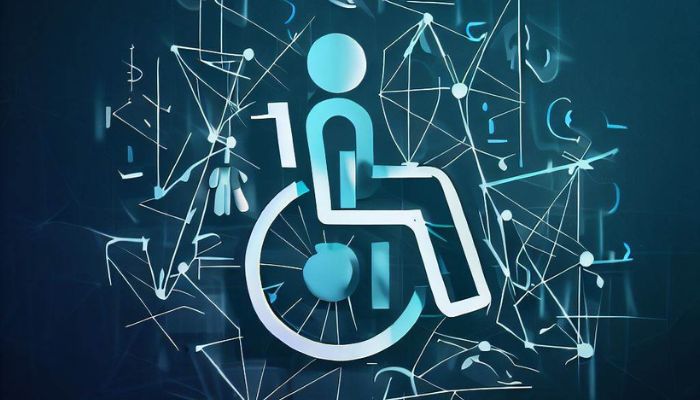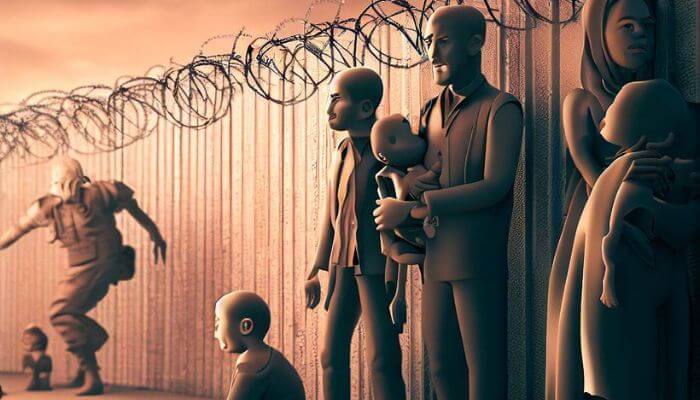The decision by the Biden administration to cancel the COVID-19 public health emergency in May will have long-term implications for the healthcare system that extend beyond the expense of COVID-19 testing. The federal government eased numerous restrictions limiting how treatment is delivered during the epidemic, altering American healthcare. As the government moves to reverse some of these restrictions, patients may anticipate changes in the way healthcare is provided. These modifications will have the following consequences for patients:
- Nursing facilities will be required to fulfill stricter criteria for staff training once the emergency provisions that lowered training requirements during the epidemic expire. Nursing home residents’ advocates are happy, but they are concerned that the quality of treatment may decline. The Centers for Medicare and Medicaid Services has indicated that some of the hours spent by nursing aides during the epidemic may be counted toward their mandatory training, but advocates believe that on-the-job experience is not a sufficient alternative for the training they missed.
- Patients and clinicians are concerned about a reduction in availability to buprenorphine, a critical drug for those recovering from opiate addiction. The Drug Enforcement Administration enabled doctors to prescribe some banned medications remotely or over the phone during the public health emergency without first undergoing an in-person medical examination. If the increased policy for buprenorphine expires, the effects might be disastrous.
- After the emergency is over, hospitals will gradually return to normalcy. The Centers for Medicare & Medicaid Services has attempted to reduce the difficulties that may develop if there were insufficient healthcare personnel to serve patients. For example, the government permitted hospitals to engage more nurse practitioners and physician assistants in the treatment of Medicare patients. Some of these exclusions will be phased out, but hospitals are lobbying federal authorities to keep various COVID-era provisions in place beyond the emergency or to work with Congress to modify the legislation.
- After the emergency, state and municipal public health authorities will adjust how they track illness transmission. During the pandemic, the Centers for Disease Control and Prevention sought more specific data on COVID-19 cases and hospitalizations than they routinely do for other infectious illnesses. Although some governments have changed their data gathering methods to give more thorough information, others have not. Without a concerted effort to standardize data collection and reporting, tracking the spread of infectious illnesses may be challenging.
Eventually, the conclusion of the COVID-19 public health emergency will cause substantial changes in the healthcare system, such as adjustments in nursing home staffing, addiction treatment, hospital policies, and disease monitoring. People should be aware of these developments and work with their healthcare professionals to navigate the changing environment of healthcare delivery.




